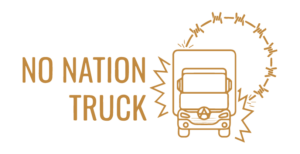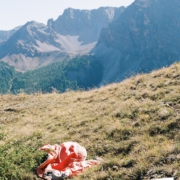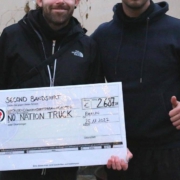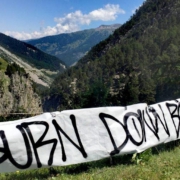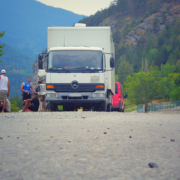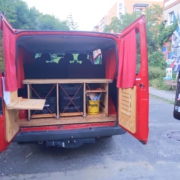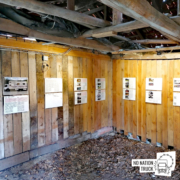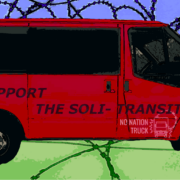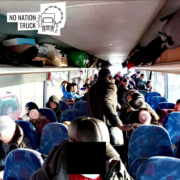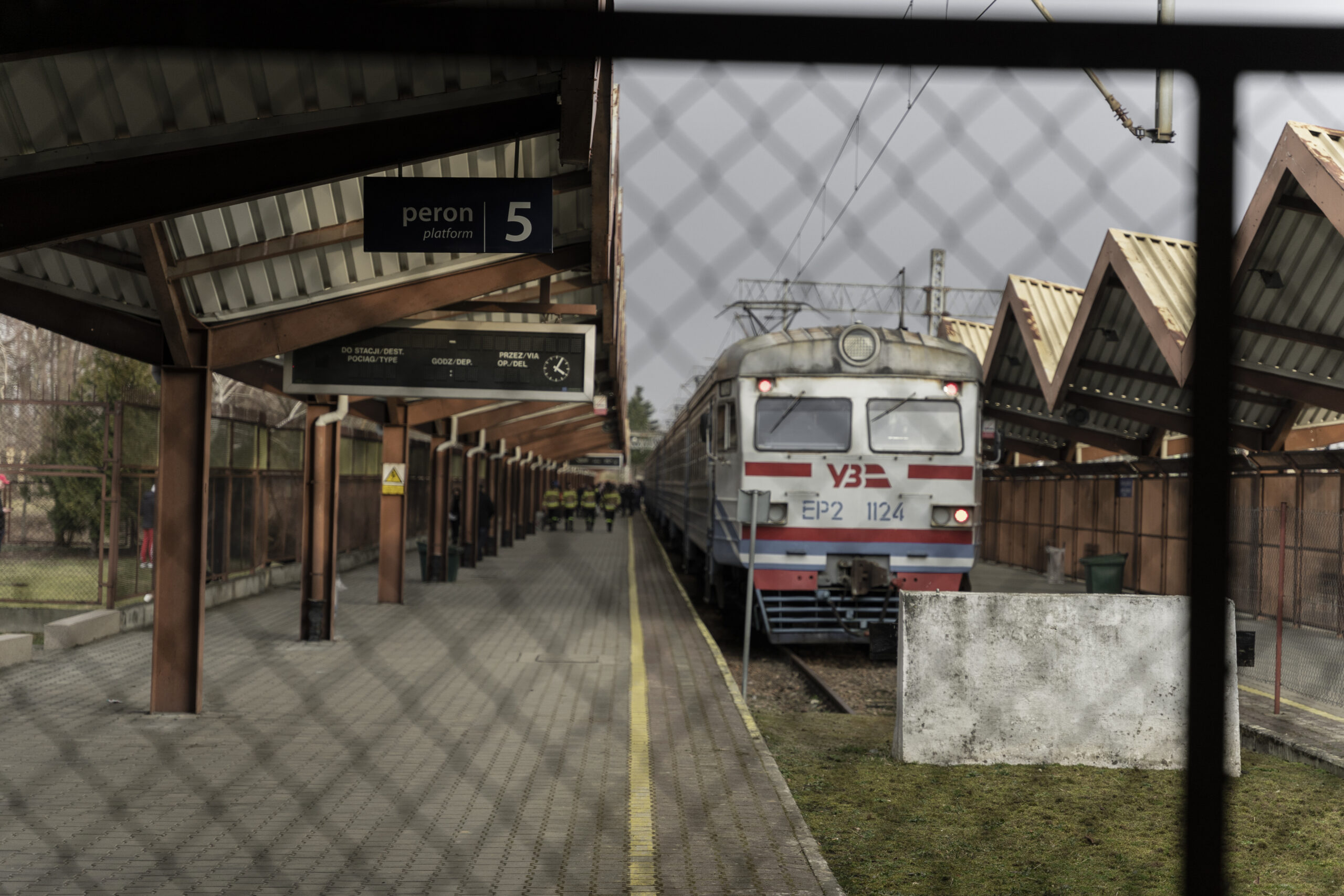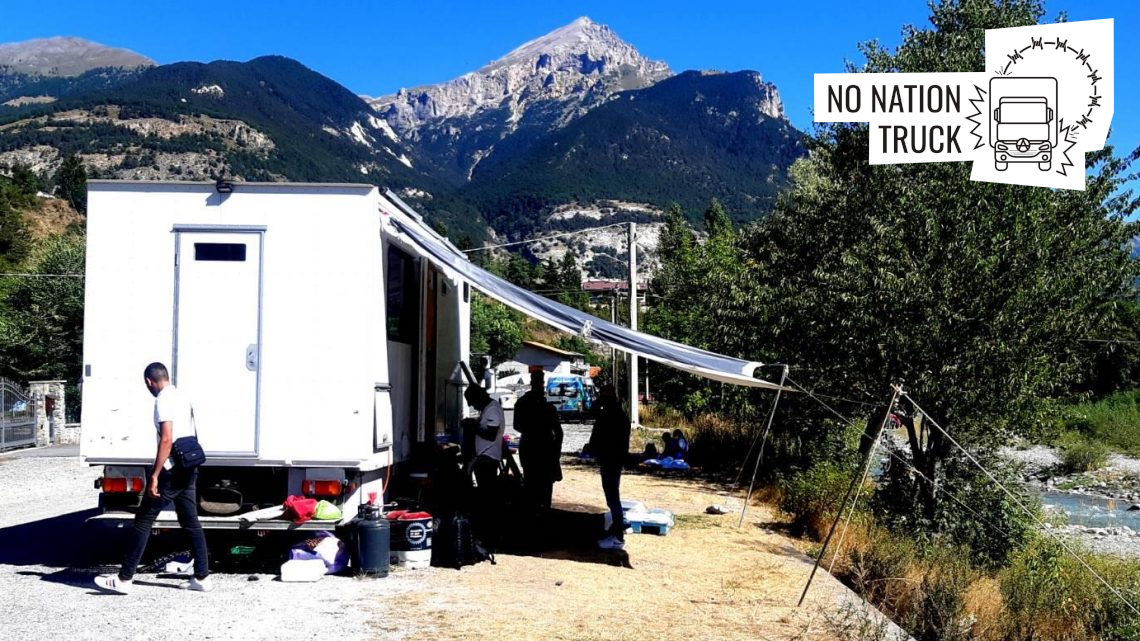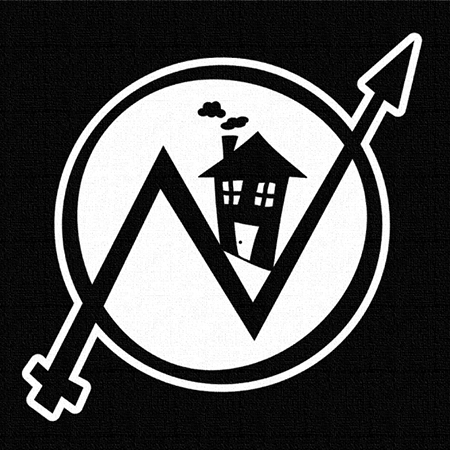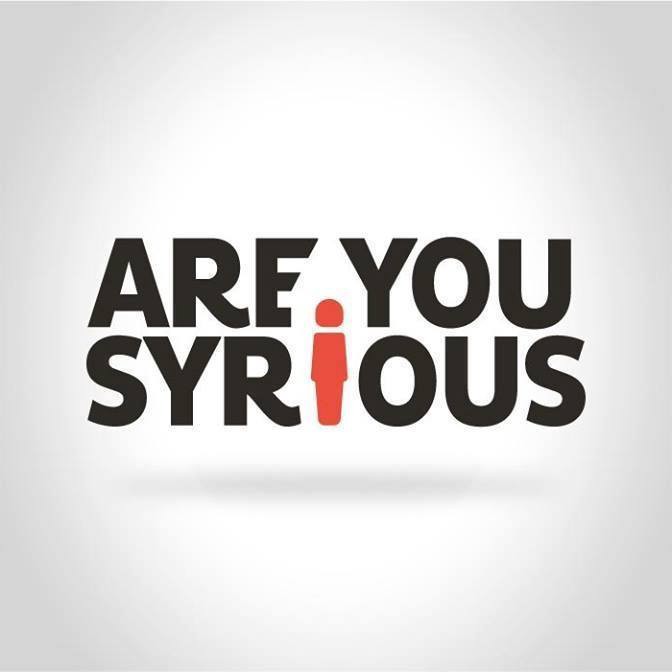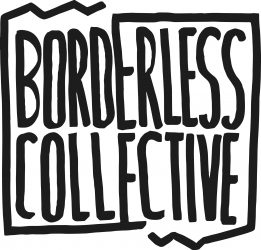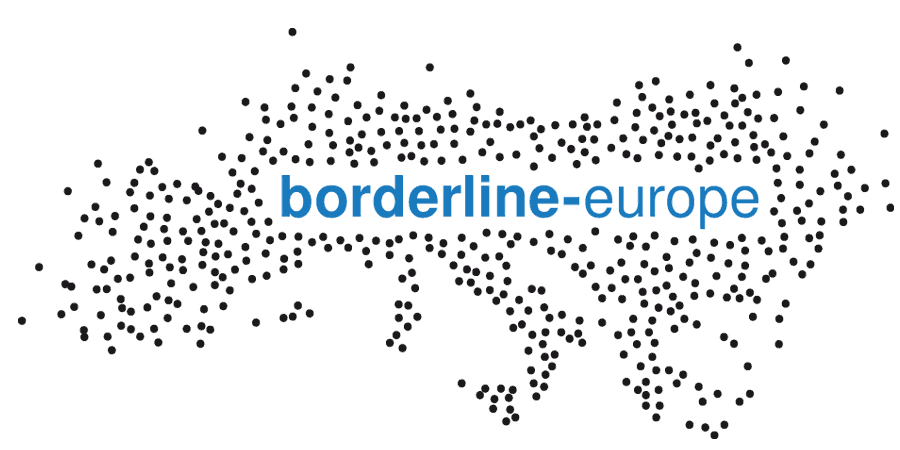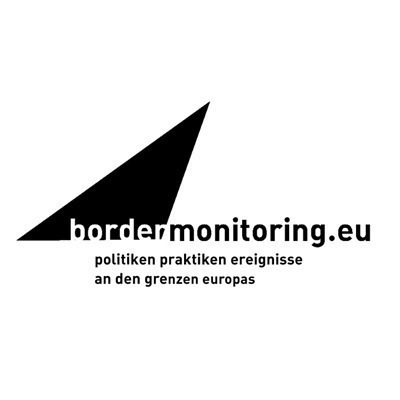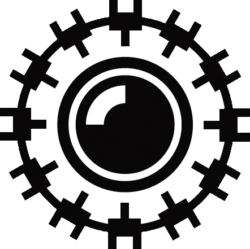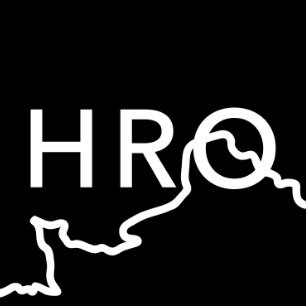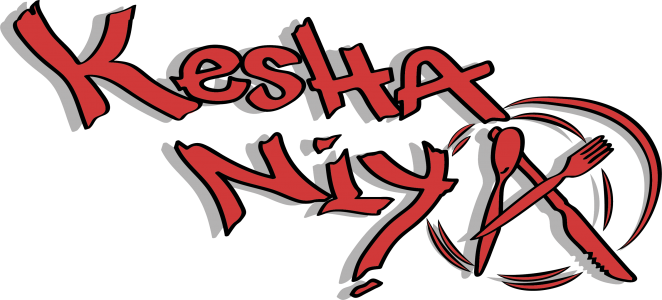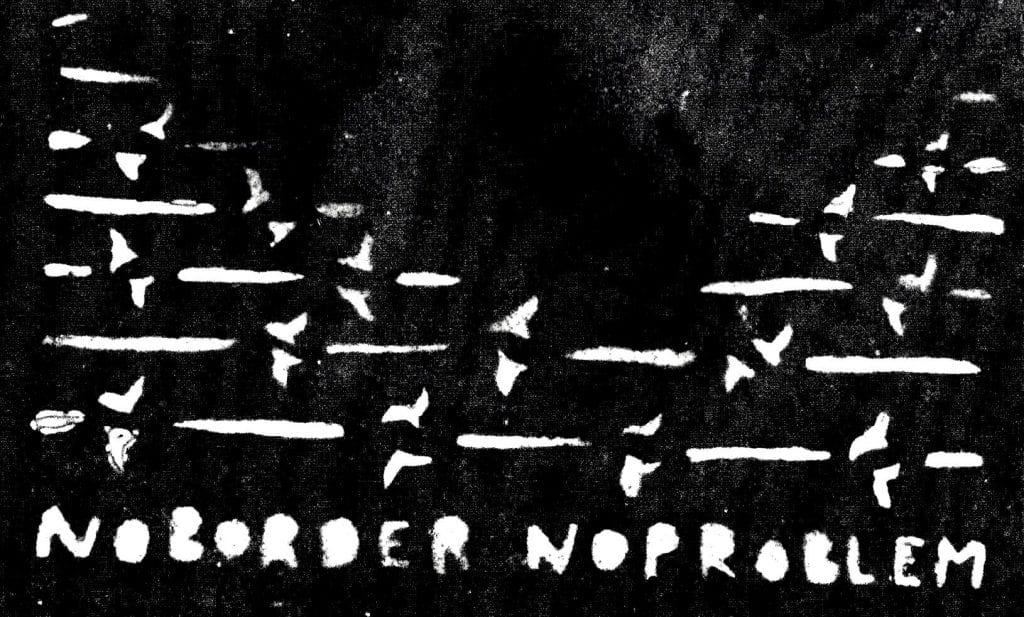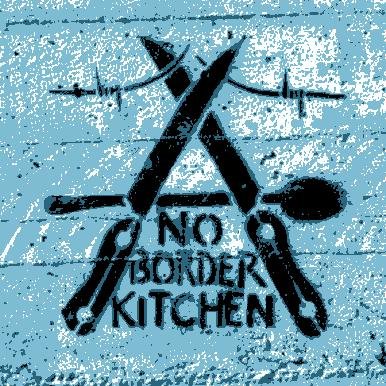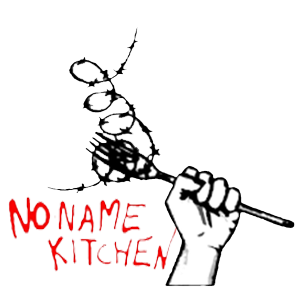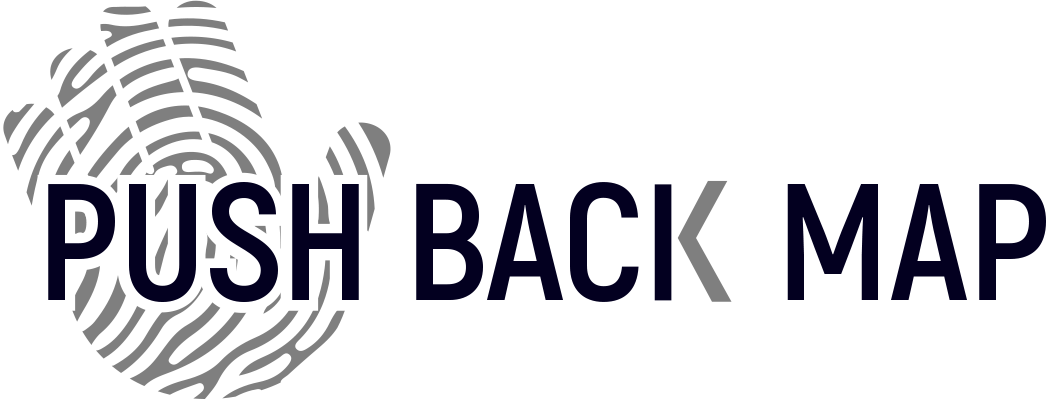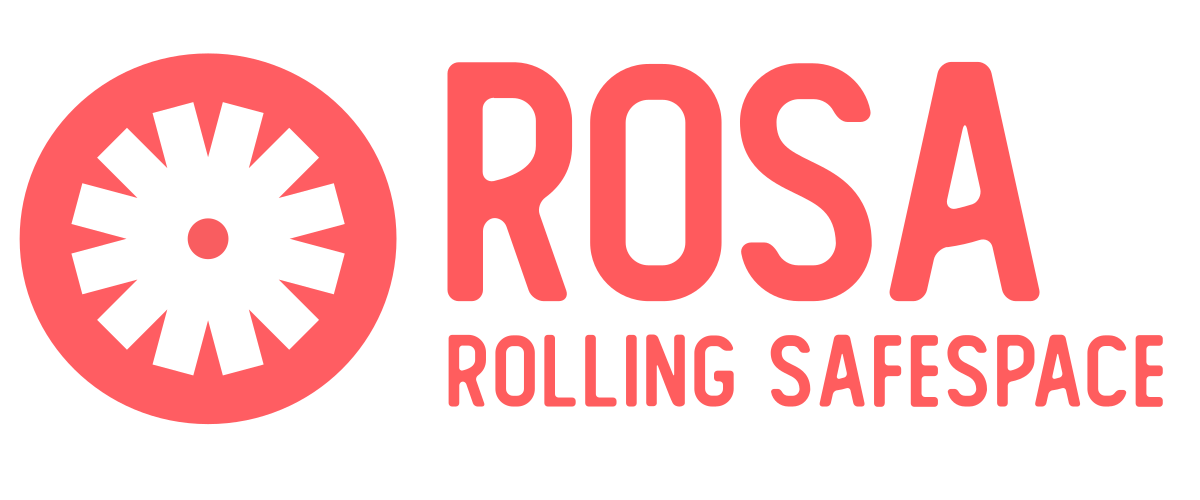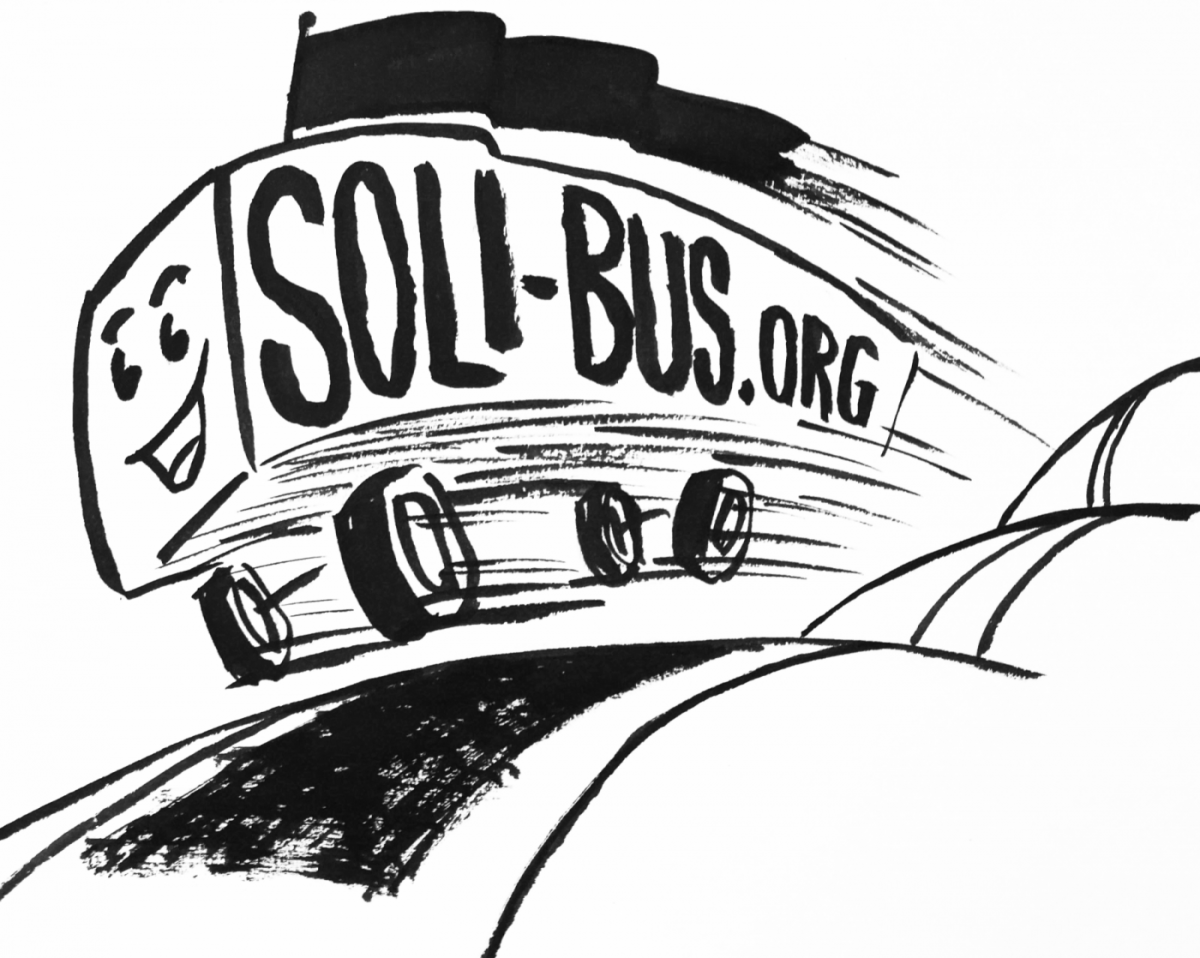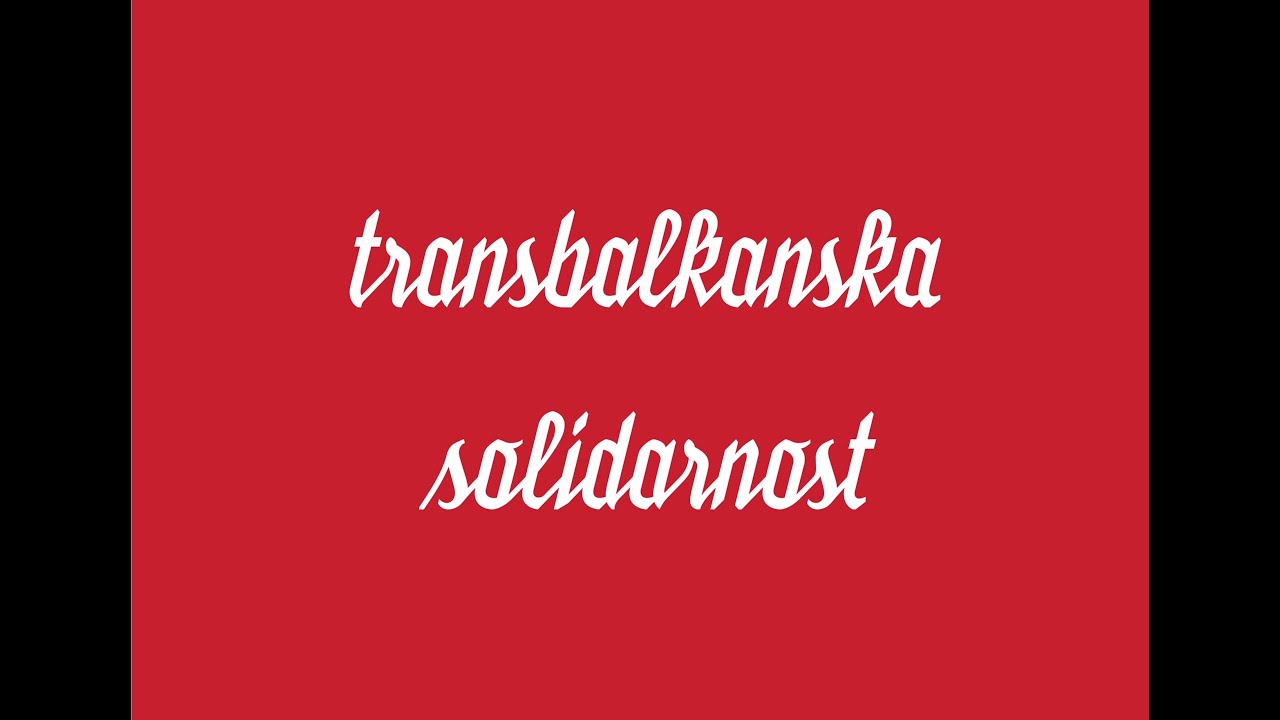Retrospective: The truck is back, the border still exists
After more than three months, the No Nation truck is back from the Italian-French border. We are leaving right when winter arrives. From our base in Oulx, at just over 1000 meters, we can already see the first white patches of snow in the mountains through which the border crosses here. It feels terrible to leave. We know that people will continue to flee across this border in the hope of a life in safety, despite more difficult weather conditions, despite increased border controls, despite the danger of avalanches.
This border, with its paradoxes, is a symbol of Europe’s racist policy of exclusion: there are the luxury holidaymakers who comfortably cruise on the bus to the next Instagram-worthy hike. Who move in the mountains with a self-confidence that only a European passport guarantees – at the same time, there are all the people who cross this border with mortal fear. Not on the bus, but on foot. Not in expensive outdoor clothes, but in rubber slippers and wool socks, if they carry anything at all, only their last private belongings on their backs. Not with tourist ease, but with the certainty that in the deep forests the danger of being pushed awaits. Dozens of countries they have crossed on foot, some the sea. They are at the end of their journey and also of their strength. And yet they are not allowed to arrive beyond this border. Because even if they make it to Briançon, the next largest town on the French side, they are not yet safe. The French cops are still conducting pushbacks several kilometers past the border. The Red Cross in Oulx is helping.
Within our months on the ground, we have seen almost daily how the bus from the Italian Red Cross, in cooperation with the French border police, drove people back to Oulx. The same drivers who participate in the pushbacks run an emergency shelter here where people on the move can sleep for a few nights. It is clear to everyone that no one wants to stay here. People want to go on to France, Belgium, Germany or the UK. Many are in poor health. They come from Iran, Kurdistan, Afghanistan, Tunisia and dozens of other countries. Most of them want to go straight on. No time to waste in this dangerous part of the country, where a check, a pushback, an arrest can happen at any time. When they join us in the truck for breakfast in the morning, we only sometimes briefly hear parts of their stories.
One young man tells of holding out for weeks in forests on the so-called Balkan route, often for days without food or drink. The forest has dug deep scars into his hands and feet. He walks with a limp. He wants to walk at night, even though snow might already be falling by then.
Another tells of being adrift on the sea just a week ago. At one point, he said, he no longer expected to survive the journey. And now there is this mountain range in front of him. He’s never been in the mountains before, he says. What if I fall off? What if I can’t go on? What if the police beat me up there? He also says he thought in Europe, he’d be safe.
A man who comes to the truck in the morning to get information speaks to us in German. He says he worked in Afghanistan for a long time as a teacher for Bundeswehr instructors. In a plastic bag, he carries papers written in German. They have forgotten me, he says, but the Taliban, they have not forgotten. For him, the journey does not end behind the border. He wants to get to Germany.
Every day, 15-20 people visit the truck, get information, exchange ideas. Whether their journey ends in safety, we will not know. Towards the end of our time in Oulx, we still feel that it is getting more and more difficult to cross this border: In the kindergarten next to our base camp, they are voting. We are told not to park the truck so close to the facility because of the children. Italy elects a fascist government on this day. What the renewed institutionalized fascism means for this region remains to be written (see also https://nonationtruck.org/en/is-anyone-here-even-aware-of-what-is-happening-in-italy-right-now/).
But there is a little hope: we continue to see and support our comrades from Passamontagna, who continue to fight with all their energy in the region for the right to freedom of movement, and who were again subjected to strong repression this summer. They will stay through the winter. The Yallah, a self-managed squat above Oulx is still standing. And the past has also shown: if the cops clear a squat at the border, a new one will be built. Also people will not stop crossing these mountains on foot – no matter how life-threatening this route is and no matter who governs in Italy.
The new fascist government of Italy only exposes in its communication what the EU has practiced all along in a subtle way. A policies of foreclosure for rich, for white and privileged people at the cost of human lives. It is the same racist, indifferent and inhuman policy as the open racism of the Italian government, only with more hubris. That’s why the truck will continue to be on the road at Europe’s borders, everywhere where people need to move on to be safe.
The truck is back in Germany – In maintenance but not in standstill! We will keep you updated.
